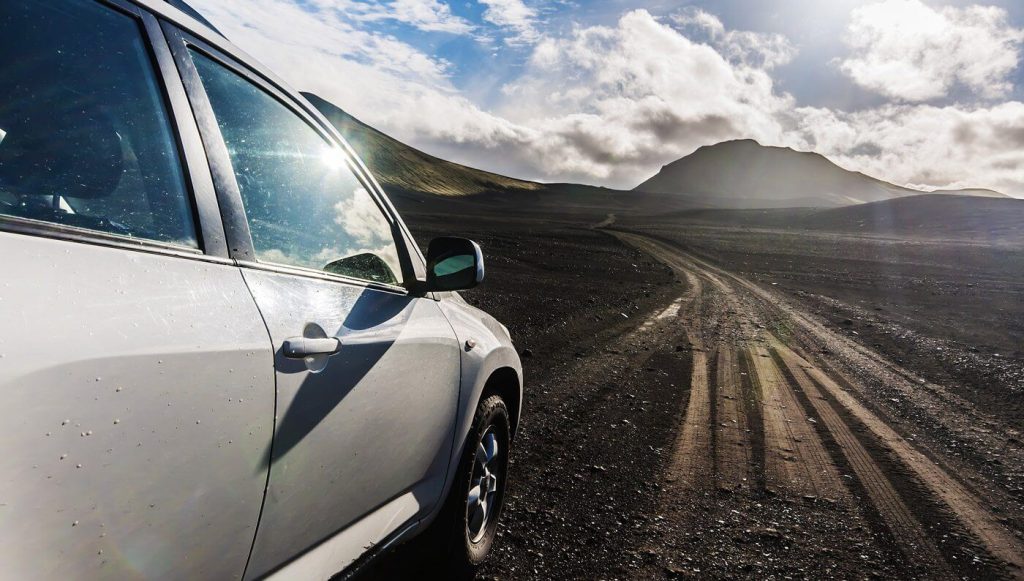In How to Save of Fuel Costs this Summer – Part 1 we saw that, while gas prices are about the same as they were 10 years ago, it doesn’t mean that you can’t save significant amounts of money by reducing how much gasoline you burn every time you drive.
And that’s not to mention lowering the emissions released into the air and reduced wear and tear on your car.
So, considering all the advantages that you can enjoy by adopting fuel-saving driving habits and the fuel efficiency of your car, let’s look at a few more.
1. BE A SMOOTH OPERATOR
In addition to the incredibly high rates of fuel burn that your car goes through under acceleration, heavy braking can have a similar effect. The idea is, while safety is always the highest priority, you should try to accelerate and brake as slowly and smoothly as possible. You don’t want to be a hindrance to other traffic, but smooth acceleration and braking will increase your gas mileage by 30%.
2. TAKE A LOAD OFF
Winter often means extra weight loads on your car. From carrying an emergency supply of washer fluid, to ice scrapers and even sand bags for extra traction, your car can be carrying a significant amount of added weight. But that means you have to burn more gas to move it all down the road.
Remove any of the things you carry around only in the winter, and look for anything else that you ‘just leave in the car’, but that doesn’t really need to be there.
Also, when you’re packing for a road trip, keep the overall weight of things in mind as you pack. Think about how much you’ll save by not carrying around unnecessary weight throughout the entire trip.
3. CHECK YOUR MANUAL
The Owner’s Manual for your car has lots of information that can improve your mileage. First, look for the recommended octane rating for the gas in your car. Higher octane fuels reduce engine knock, but they cost more money. While it’s estimated that only about 6% on new cars required high octane (premium) gas, over 10% of fill-ups are with premium.
While you’re thumbing through the manual, check for the manufacturer’s recommended grade for the motor oil and make sure that’s what you use. Oil viscosity, or its ‘thickness’, can make it harder to pump into the engine, which reduces your mileage.
4. PLAN AHEAD
Whether you’re planning a summer road trip, or your weekend errands, try to include your car’s mileage in your thinking. Combining many short trips into one will consume less fuel. Your car doesn’t run at its peak fuel efficiency until it heats up fully. More cold starts and stops reduce your gas mileage.
5. AVOID ROUGH ROADS AND GRAVEL
Every time your wheels hit a bump, they abruptly travel up and down to cushion the blow, but that reduces the forward momentum of your car. And the engine needs to burn more gas to get that energy back and maintain your speed. If you’ve ever taken your foot off the gas pedal on a ‘washboard’ dirt road, you might have been surprised at how quickly the car slowed down. That’s because of all the forward momentum the bumps in the road robbed from your car.
On gravel roads, your car might experience wheel slip that you don’t realize. Whether you feel the slip or not, you’re wasting gas when it happens.
You’ve probably heard about many of these fuel-burning issues before, but it’s not always convenient to avoid all of them. In the end, try to do what you can to reduce your fuel costs, help your car last longer and cut the amount of pollution you release into the air.

